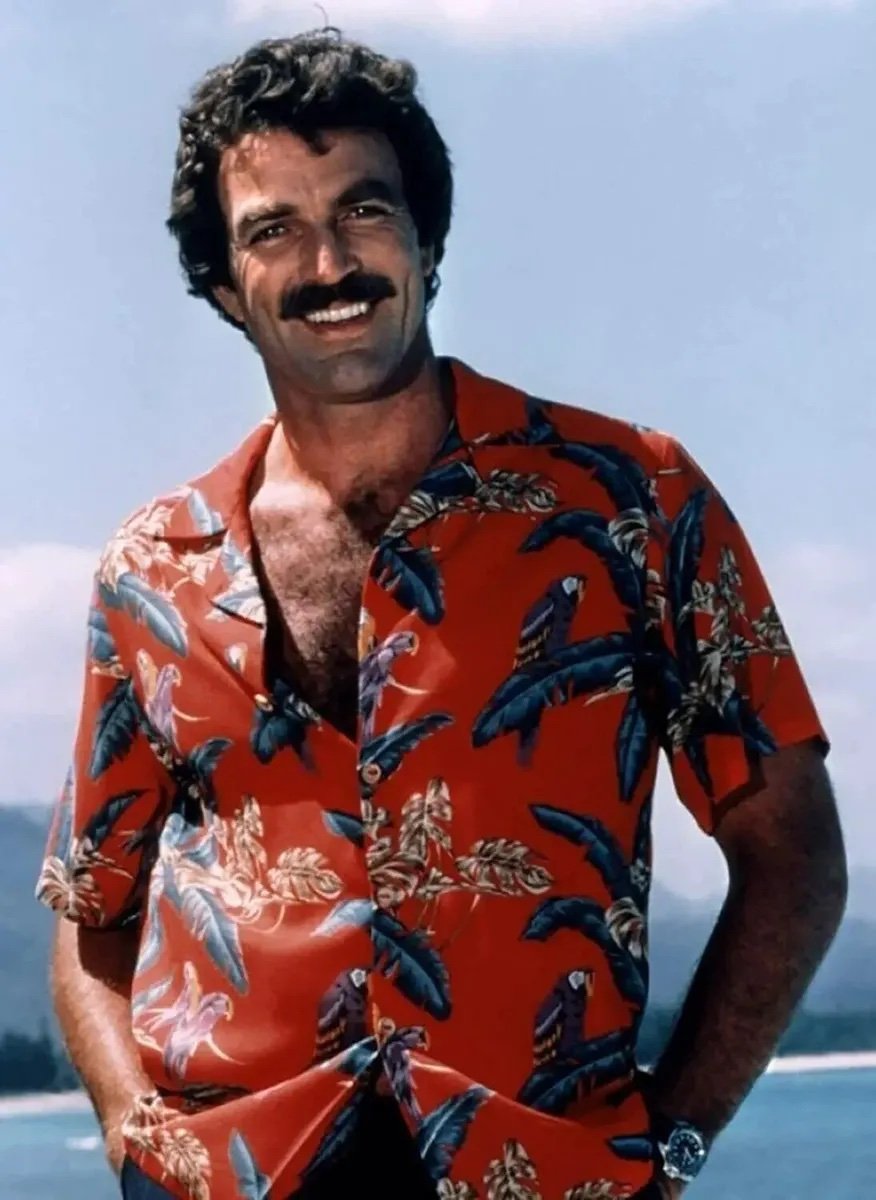THE REVOLUTION WILL BE TELEVISED (A response to Dougal McKenzie's response)
Dougal McKenzie’s impassioned defence of the paintings of Callum Innes (link here) in response to my so-called criticism of them — posted yesterday (link here) — is something I should make butter from, because responses to my art criticism happens so rarely in the milky metaverse of social media. It is also good to see someone caring enough to write publicly with such urgency & heart.
Dougal could have DM’d me privately to discuss the issues he has with my review. But I understand his going public. Maybe he’s trying to make butter too. The pretence of the public enemy is better than the private friend in terms of generative dialogue when criticism enters the fray. So in the spirit of reactionary & subjective responses to art in the midst of personal, emotional, historical, memorial & political correctness & allegiances to culture & being, I think it is best to keep this brief & buttery.
I spent time on the said review of Callum Innes’ paintings at the Kerlin Gallery Dublin. I even sat on it for a month, unsure whether or where to publish it. If you read the review carefully there is nuance, & to reiterate: Callum Innes’ paintings are criticised in the contexts of the RHA abstract painting show from last year, & against Walther Robinson’s “Zombie Formalism” that coined the smooth alignment of formalist abstract painting with the art market at a particular moment in time. Further, the review was critically formalised against the context of a Psychoanalysis & Art module gallery visit. And by the way, Žižek & Freud may not teach us how to resolve a painting, as Dougal puts it, but I believe they can get us to question subjective experience in our intimate & embroiled interaction with it, i.e., Dougal’s repeated emphasis on a second visit to the Innes exhibition on the same day as a reason to defend the exhibition against criticism…
That said, I am not making excuses for my criticisms of Callum Innes’ paintings, which, I venture, aren’t really criticisms at all. Dougal calls my criticism “churlish” (mean-spirited) in a response he penned last night on his just yesterday resurrected blog “Courbet’s Tent”, which, speaking of “zombies”, is kinda ironically funny. What’s worse, Dougal calls me an “art writer” which I cannot forgive. I don’t want to be “churlish”, but Innes’ passive abstract formalism didn’t provoke criticism in me, it provoked a “limit”, the end of the tether.
There is a fine line between being mean-spirited & being provocative in art criticism. The same way there is a fine line between defending your personal experience of an exhibition & defending an exhibition on its own merits. Dougal digs deep into a repository of words in both his Instagram commentary & blog to describe his experience (coloured by a previous experience 10 years earlier) of Innes’ work: “sublime”, “captivating”, “love”. These words are not in my vocabulary when it comes to art appreciation, the same way the greats & amazings of Instagram are not in my vocabulary. For me art experience is always a kind of apprehension, an apprehension I value deeply when the artist provides it in their work. Art experience is not the Romantic sublime, or a form of contemporary mindful meditation.
On Dougal’s point (to paraphrase in my terms to make a further point) that painting is just an additive process of building upon previous revolutions in painting from the last century, I have to vehemently disagree. I have to believe that the new generation of painters also believe that painting can still be revolutionary beyond an additive or backward glance at its own history. That the reboot is not the regime. If this is the case we only have kitsch & pastiche to play with as painters & artists, which the mainstream has commandeered for capitalist not radically creative pursuits. Contemporary painting is not its corpse.
In the 1980s/90s/2000s painting had to resist its theoretical death; today it has to resist its outright mediation & commodification. Enough words!
📽️Edit of Gil Scott-Heron’s The Revolution Will Not Be Televised, 1971.






























